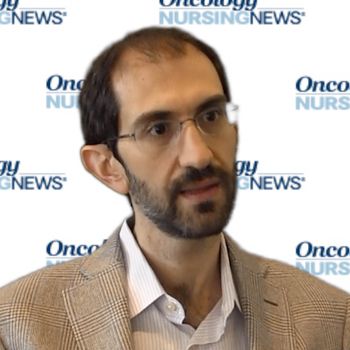
Emmanuel S. Antonarakis, MBBCh, an associate professor of oncology at Johns Hopkins Medicine, discussed updated National Comprehensive Cancer Network (NCCN) guidelines for the genetic testing of men with prostate cancer.

Emmanuel S. Antonarakis, MBBCh, an associate professor of oncology at Johns Hopkins Medicine, discussed updated National Comprehensive Cancer Network (NCCN) guidelines for the genetic testing of men with prostate cancer.
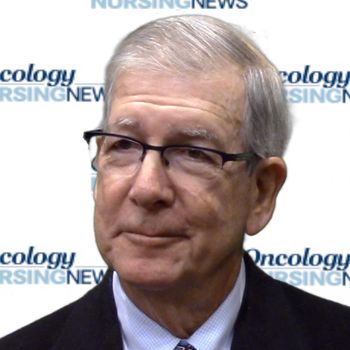
Telehealth is currently being used in cancer care and will continue to expand.
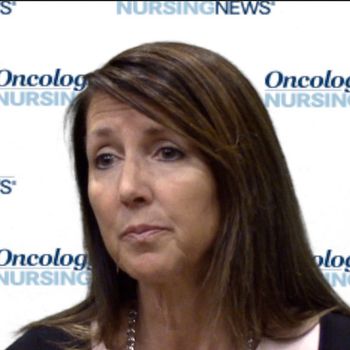
Oncology nurses are important team members when it comes to counseling patients and their families about hereditary cancers, according to Michele Settelmyer, APN, MSN, WHNP-BC, of the Saint Frances Medical Center.

Preimplantation genetic diagnosis allows women of childbearing age to select embryos that do not have genetic mutations.

Combining PARP inhibitors with another kind of agent may be key in overcoming resistance.
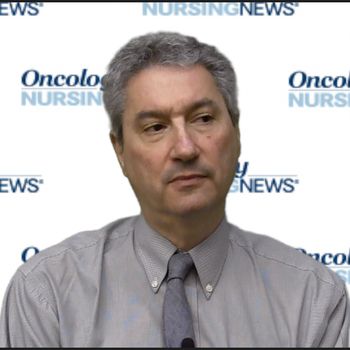
PD-L1 status may not be the best predictor when it comes to determining who will respond to checkpoint blockade.
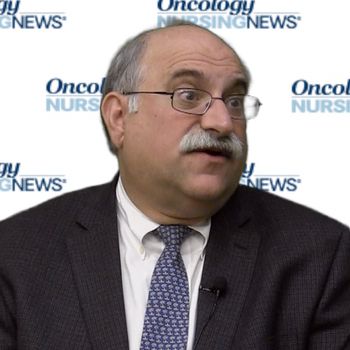
Genetic mutations that were previously associated with breast and ovarian cancer also have implications for men with prostate cancer.
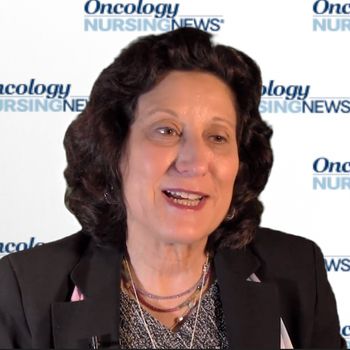
Oncology nurses are crucial in the management of cancer symptoms and treatment-related adverse events.
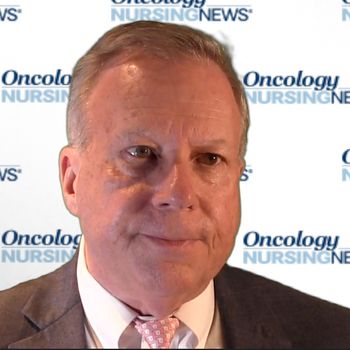
Many patients with cancer are prescribed opioids to manage post-surgical pain, putting oncology professionals in a prime position to affect the current epidemic.

Not many people knew about male breast cancer when Sam Rivera was diagnosed, but he took the information from his nurses to spread awareness about the disease.
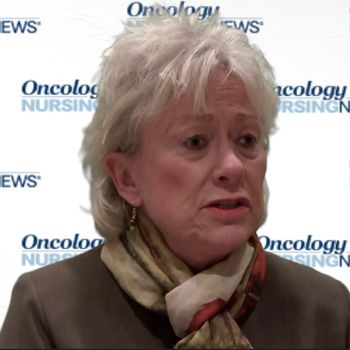
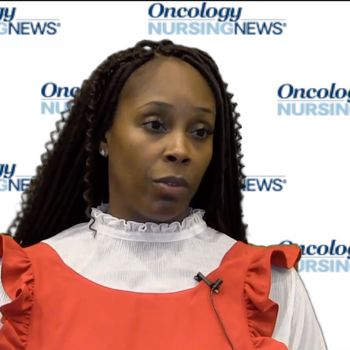
Empathy and cultural competency are two vital traits for an oncology nurse to have.
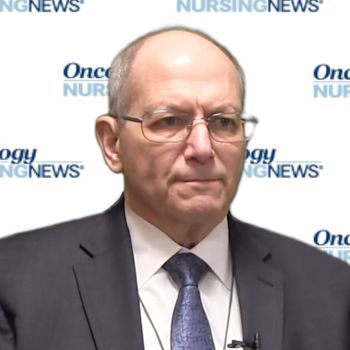
All patients with myeloma should be treated for bone disease.
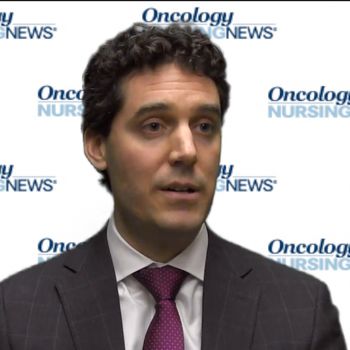
Each type of cancer treatment has its own adverse event (AE) profile, and BRAF and MEK inhibitors are no different.
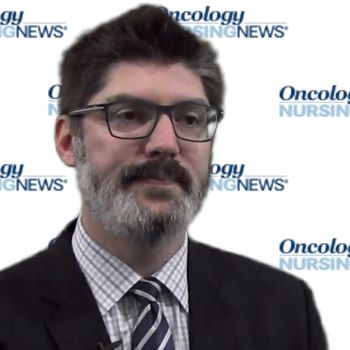
CAR T-cell therapy is producing durable responses in many subgroups of patients. However, the treatment could also come with some major adverse events.

There are some adverse events that are common to all PARP inhibitors, and others that are specific to each drug.
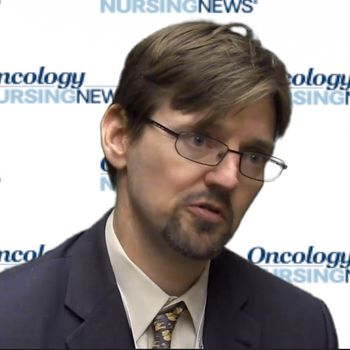
Combining two checkpoint blockades can be very efficacious in treating metastatic melanoma, but the benefits come with increased risk of adverse events, too.

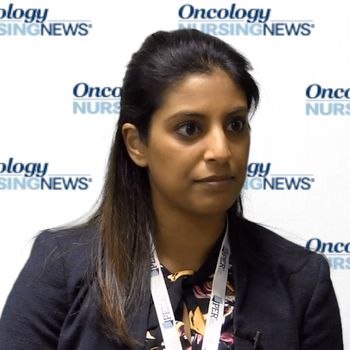
Managing immune-related adverse events is different from managing the effects of chemotherapy.
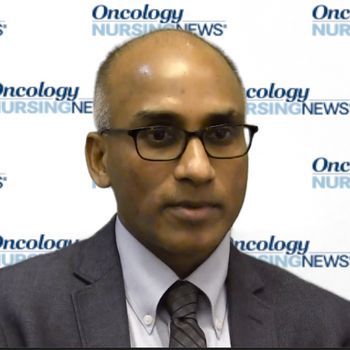
The recent approval of ibrutinib plus obinutuzumab is a major advancement in the chronic lymphocytic leukemia space.
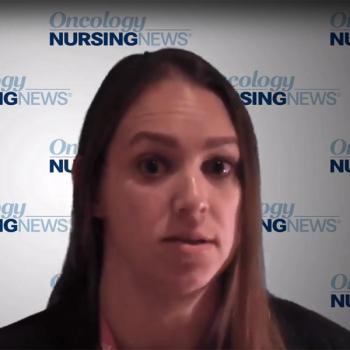
Registered pharmacist Jamie Fritz, RPh, Oral Pharmacy Manager, Compass Oncology, describes the vital role that oral oncology nurses play in cancer care.
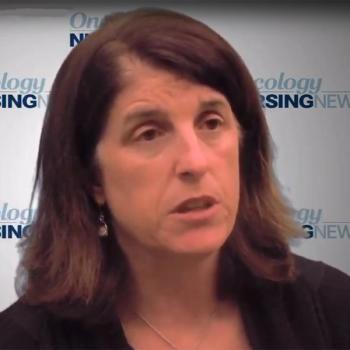
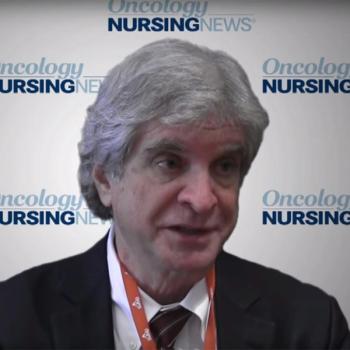
Howard Cohen, RPh, MS, FASHP, director of oncology pharmacy services, Smilow Cancer Center, Yale New Haven Health, discusses the challenges of cancer treatment from a pharmacy perspective.
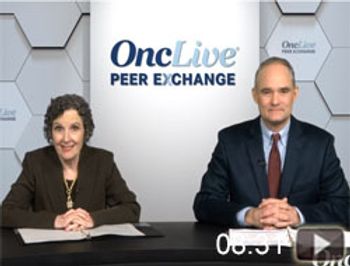
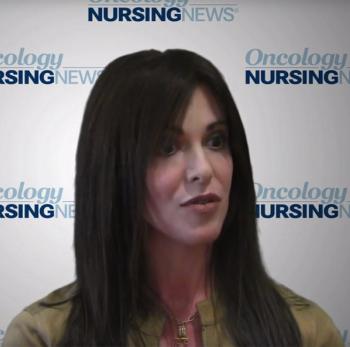
Kathy Oubre, MS, Chief Operating Officer, Pontchartrain Cancer Center in Covington, Louisiana, shares some barriers to adherence to oral oncolytics that patients may face.

With the inception of its Precision Cancer Therapies Program, the Ochsner Cancer Institute has been able to expand availability of early phase clinical trials to patients who might otherwise have had to drive up to 5 or 6 hours to participate in one.
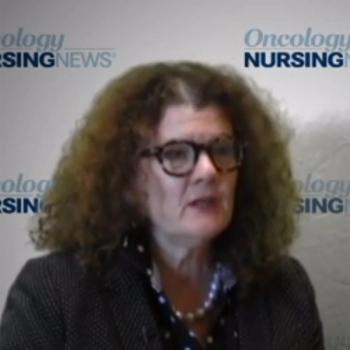
As part of an ambitious plan to transform the culture at Vidant Health and improve the experience of patients and team members alike, Oehlert helped reframe the organization’s goals to consider kindness and compassion as part of strategic excellence.
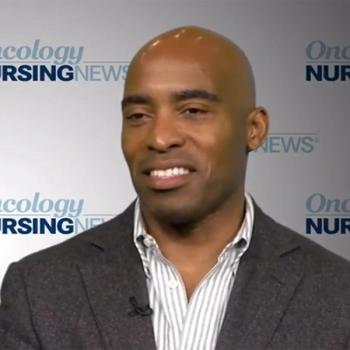
Tiki Barber, former NFL running back and radio host, explains how he feels about oncology nurses, who helped his mother through her breast cancer experience.
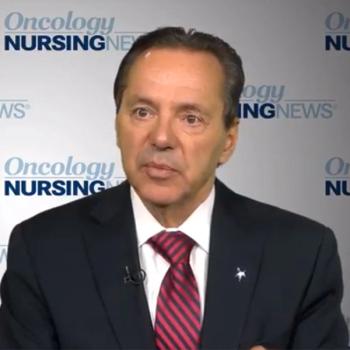
Nurses can take part in turning the tide against the disease.